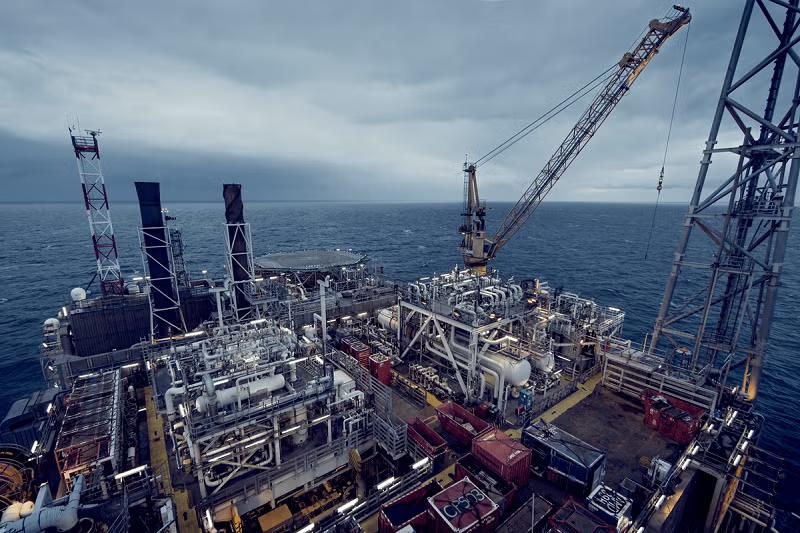Gabon bets on deep offshore reserves to revive declining oil sector

Gabon is ramping up its search for untapped oil reserves, with the government unveiling a new strategy to revive its struggling petroleum industry.
According to Energy News, the country is looking to accelerate deep offshore exploration amid a continuing production decline—falling to just 200,000 barrels per day in 2023, compared to 365,000 in 1996.
The new measures, guided by Gabon’s 2019 Hydrocarbons Code, introduce a series of incentives to attract foreign investment.
These include flexible tax policies, readjusted production sharing agreements, and faster licensing procedures.
Authorities say these reforms aim to unlock the remaining 72% of the country’s offshore reserves, which remain unexplored.
“The deep offshore remains Gabon’s most promising frontier,” a Ministry of Petroleum spokesperson told Energy News. “We must act now before production declines further.”
Foreign companies have already responded positively.
Oslo-based BW Energy and London-listed Panoro Energy have expanded operations off the Gabonese coast, citing favorable contract terms.
With development costs in the Gulf of Guinea averaging below $40 per barrel, the region remains attractive even amid global market fluctuations.
Regional financial institutions are also stepping up.
According to the Bank of Central African States (BEAC), financing for energy projects surged by 22% in the first half of 2025.
The government is in talks with the African Development Bank (AfDB) to implement risk mitigation tools against oil price volatility.
Downstream, Libreville plans to modernize the Port-Gentil refinery by 2026 and construct a floating liquefied natural gas unit at Cap Lopez.
These projects are expected to enhance domestic processing capacity and reduce reliance on imports.
Gabon is also touting restored political stability following the 2024 transition, with contract approvals now taking under six months, according to consultancy firm Wood Mackenzie.
While the country’s share of Africa’s OPEC quota has fallen to 1.9%, officials remain optimistic. Just one successful deep-sea well could add up to 15,000 barrels per day to national output.
Since 2019, 21 exploratory wells have been drilled, with six proving commercially viable.
With nearly three-quarters of Gabon’s offshore resources still untouched, the government hopes this renewed push will mark a turning point in its energy future.
About The Author
dailymailafric
I am an avid African news observer, and an active member of Daily Mail Africa.
I’m Passionate about staying informed on diverse topics across the continent,
I actively contribute to publishing on political, economic and cultural developments in Africa.



